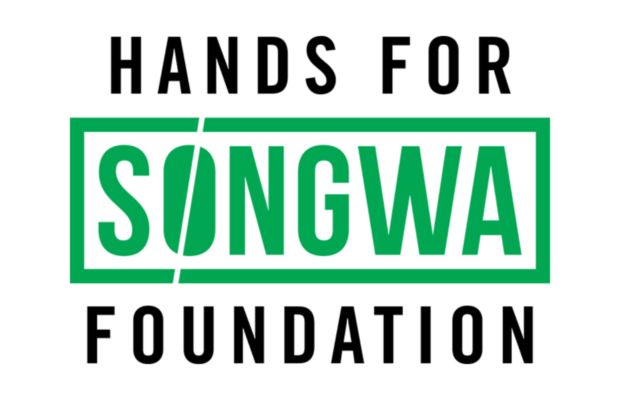Two of the world’s most prominent coffee equipment companies, La Marzocco and Hemro Group, have created a farmer-focused nonprofit called the Hands for Songwa Foundation.
The origins of the nonprofit, based in Tanzania, extend back to 2007 when La Marzocco, Hemro Group and German coffee roaster manufacturer Probat launched the not-for-profit initiative called Songwa Estates.
Through the intervening years, the three companies contributed a small percentage of their profits to various projects affecting the lives of people affiliated with the Songwa coffee plantation in Tanzania’s Mbeya region. Individual projects included the construction of water wells and a bridge, establishing a kindergarten, renovating a school building, direct support for farmers during the pandemic, and more.
Italy-based La Marzocco, known primarily for its high-quality espresso machines, and Germany-based Hemro Group, which encompasses the coffee grinding and equipment brands Anfim, Ditting, HeyCafé and Mahlkönig, said they will continue to provide direct support to the Songwa Estates program. However, the creation of a Tanzania-registered nonprofit, based in Dar es Salaam, allows for direct contributions and more operational autonomy for programs and services.
Hemro Group CEO Marcel Lehmann is listed as the board chairman of the Hands for Songwa Foundation.
In a joint announcement of the organization launch this week, Hemro said that beginning this year, Probat “has chosen to redirect its focus towards other projects.” The companies also said they “remain receptive to welcoming a new partner in the future.”
“The consumers are willing to pay more for good specialty coffee and they want to know where it comes from, who produces it and how it is produced,” La Marzocco CEO Guido Bernardelli said in the announcement. “The prices have gone up but, despite this, the farmers, often the most disadvantaged in this context, have seldom been getting better margins. With the establishment of this foundation, we want to show that the transition to a sustainable coffee industry based around empowering the people working at the origin is indeed possible.”
Comments? Questions? News to share? Contact DCN’s editors here.


